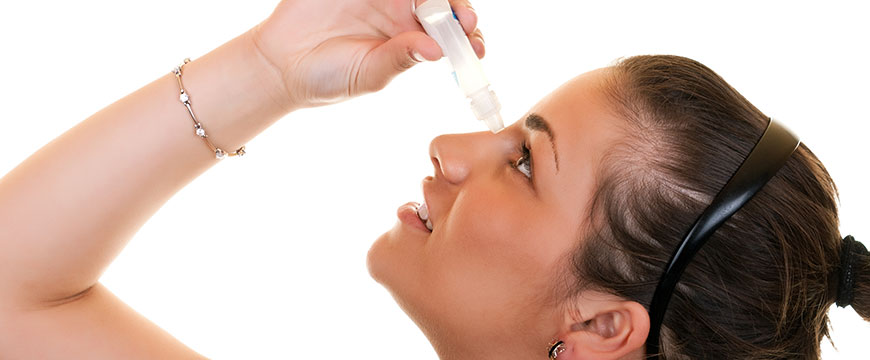A food allergy occurs when your system reacts to food ingested and triggering a protective response. The allergy can develop from any age with the reaction being mild to severe. According to research, 10 % of the population suffers from food allergy and the numbers keep on increasing. In this post, we highlight some of the most common signs of allergy and how to differentiate between food intolerance and food allergy and the treatment of food allergy. It’s important however that you consult the allergy doctor on the best way to overcome the allergies. Before we dive into the article we differentiate between food intolerance and food allergy
- Food Intolerance
This is the difficulty in digesting certain foods without triggering any reaction from the immune system and there is no histamine response.
- Food allergy, on the other hand, causes immune system reaction and histamine response.
It may be hard to tell food intolerance and allergy are hard to tell apart and it’s important that you visit the allergy clinic for the allergy doctor to do allergy testing to determine whether its an allergy or intolerance.
How to differentiate between food allergies and intolerance
- Food allergy is sudden as compared to intolerance which is gradual
- Food allergy results from the small number of foods
- Allergy can be life-threatening and happens every time you eat as compared to food intolerance which is not life-threatening and results if you eat the food often.
Foods that cause Most of the Allergy
- Milk and Eggs
- Peanuts and seafood
- Tree nuts
Symptoms that result from both food intolerance and food allergy
- Nausea and stomach pains
- Diarrhea and vomiting
- Signs of Food intolerance
- Heart Burn, gas and bloating
- Headaches and irritability
Signs of Food Intolerance
- Bloating and nausea
- Headaches and migraines
- stomach ache and irritable bowel
- Feeling under the weather
Above are the most common signs of food intolerance, and below some food that causes intolerance
- Lactose and wheat
- Gluten and caffeine
- Food additives such as flavors
Before you give up on the above food, see a doctor who will diagnose and confirm the cause of the intolerance. Remove the food that causes the intolerance from your diet and supplements the foods.
Sign of Food Allergies
- Wheezing
Wheezing after eating certain foods signifies a narrowing of the airwaves and an allergic reaction to the food. Wheezing can be fatal and its therefore important that you see the allergy physician for treatment.
- Hives and Redness
Are you breaking out in hives? or itch? Then it’s possible that you have a food allergy. Hives cause a red rash that is raised on the skin. On its own hives or itch may not be harmful but if it involves difficulty in breathing then you need to see an allergy specialist immediately.
- Dizziness
After eating food if you feel dizzy, weak or lightheaded that could mean you are exposed to allergens. Dizziness could be an early sign of anaphylactic and it’s important that you visit an allergy clinic for tests and treatment.
- Intestinal Discomfort
A food allergy could cause stomach cramps, nausea, and vomiting and you should see the best allergist for diagnosis.
- Sneezing and Itching
Although sneezing is mostly associated with hay fever, it can result from food allergies.
How to Prevent Food Allergies
- Learn which foods cause the allergy and avoid the food.
- When you visit a hotel, find out how the food is made and verify whether the food contains any allergens.
- Look at the food labels and check the ingredients in the food at the supermarket
- Avoid products with labels for you’re the specific allergen that is affecting you
- Plan before traveling, plan your meals and carry food with that has no allergens
- Supplement the foods you are allergic to as that will ensure that you remain healthy.
There is no cure for food allergies and it’s therefore important that you manage the condition. Pursue a plan on how to identify allergens. An elimination diet will help you pinpoint the food allergens that you are allergic to and help reduce the allergy symptoms. Work with the allergy physician to come up with a written diet plan and follow it diligently. If the symptoms persist make sure you consult your allergist Manassas.

